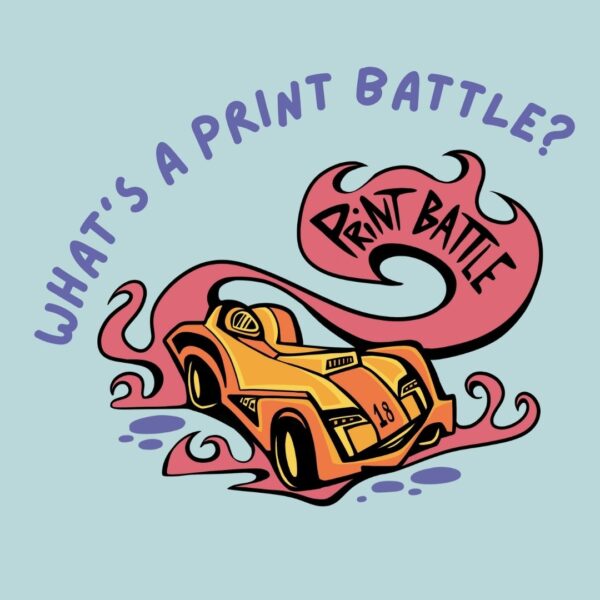It has turned cold. Recent mornings here have felt more like February than November. The nights grow ever longer. As we prepare to turn inward, to tuck ourselves away during the coming winter months, I typically want to rest my oversaturated mind, find peace from the overwhelming and inescapable cavalcade of cultural production and consumption. I have instead found myself invigorated by and seeing anew through an analogy from Jean Cocteau.
In a translation by Richard Howard, Cocteau writes:
The mechanism which imposes upon us the beauty of a picture, or, more correctly, the combination of lines and volumes capable of moving us, results from a phenomenon analogous to what triumphs over our intelligence when sexuality speaks. A kind of psychic sexuality provokes a moral erection comparable to the sexual one in that it functions without our control and gives immediate proof of the effectiveness of the forms and colors likely to convince a secret part of our organism.
I gravitate toward artwork that can only be consumed through time, that makes me think, that forces my mind in new directions and challenges my notions of what the world is. I know how to live with that work outside its context. I know how to carry it around with me as it informs the rest of my life because it has already existed in my mind through successive moments. I have a harder time knowing how to live with artworks that are immediate, nebeneinander. It might thrill me to my core, but where does it live in my brain when I leave? Why does it still influence me as I continue through my days? Its momentary nature belies its potential impact. The moral erection, the immediate, nonrational responses I have to those works shifts that impact away from my rational mind to a place I cannot see, a place all the more profound because it is unplumbable.
I can tell myself I love this video because I love doughnuts and state capitols, but my reaction lies beyond any simple intellectual explanation. I can tell myself that I love this recently completed mural for how it erases the Machado poem or that I can balance my sincere and ironic appreciation of the eagle, but, again, those explanations fall short of what happens when I see it.
I am, of course, reminded of other times I leave my rational mind behind. Cocteau sprang to mind as I was overwhelmed by the moonlight when I took the trash out last night, the light far more sublime and mortality-inducing than beautiful. He was with me as I woke from a dream that has haunted my days, my unconscious mind imprinting my waking life. He is with me as I sift through the numbing plenitude of the internet, finding flashes of light in the darkness that tug at something.
Humans have evolved to block out sensory inputs; unlike dogs we are no longer so overwhelmed by the smell on a tree that we drop everything to investigate it. We can use that saved brain power and energy to explore the mysteries of the universe, but, increasingly, we must develop ways of ignoring the hundreds of words, the thousand of sounds, the millions of things trying to grab our attention in order to know that mysteries still exist.
I hear Cocteau calling us back to a moment when we felt the psychic sexual thrill of seeing the first painting that called to us, the moral erection of that song that still stirs our heart. He reminds me to pay attention when I feel stirrings that work beyond my rational brain, past the barriers that I put in place to manage the onslaught. More than a silly or dismissive way to explain away what we like, he reminds us that the experiences that move us precisely because we cannot explain why they do are necessary and important to our complete health as mental, physical, emotional, and aesthetic beings, all the more so as the culture that confronts us screams that it is as profound and fundamental to our well being as that kind of experience.
At the very least, he sheds light on why I continually respond to and deeply love the mural I pass every day that for one reason or another hits me like a…
- From the Road: Present Absence - June 21, 2016
- The Realism of Our Time - April 19, 2016
- All Hands - February 16, 2016








